Although the ideal time to eat pumpkin seeds varies depending on personal preferences and daily schedules, a few excellent choices are endorsed by Ayurveda and nutrition experts. Pumpkin seeds' high magnesium, zinc, and healthy fat content can help strengthen the immune system and increase energy levels when consumed in the morning. Pumpkin seeds are packed with protein, making them a fantastic addition to your breakfast or a great post-workout snack to help with muscle recovery. Additionally, they contain tryptophan, which is known to improve sleep, making them an ideal snack in the evening or shortly before bed. According to Ayurveda, the best time for digestion is in the afternoon, ideally between 10 AM and 3 PM.
Table of Contents
- Introduction
- Nutritional Value & Versatility of Pumpkin Seeds
- Best time to Eat Pumpkin Seeds
- Morning Consumption
- Post-Workout Snack
- Afternoon
- Evening/Pre-Bedtime
- Soaked vs Roasted vs Raw: Maximising Nutrient Absorption from Pumpkin Seeds
- How to Add Pumpkin Seeds to Your Daily Diet
- Pumpkin Seeds Dosage and Moderation Recommendations
- Special Considerations for Consuming Pumpkin Seeds
- Conclusion
- Frequently Asked Questions
Nutritional Value & Versatility of Pumpkin Seeds
Rich in protein, fibre, healthy fats, iron, magnesium, zinc, and antioxidants like vitamin E, pumpkin seeds provide a wealth of nutrients. About 8–15g of protein, 14–20g of healthy fats, and 1.8–5g of fibre reside in a 28–50g meal, along with vital minerals for immunological, bone, and heart health. These seeds improve sleep by providing tryptophan, aid in blood sugar regulation, and enhance muscle power and digestion. Enjoy pumpkin seeds raw or roasted, mixed into smoothies and energy bars, or sprinkled over salads and porridge. Their flexibility is astounding. They provide a handy nutritional boost for any meal and fit in with vegetarian, keto, and gluten-free diets. You may use them to make bread and muffins, stir them into soups, or sprinkle them over roasted vegetables. They also integrate nicely into dips or sauces. They are a pantry essential for inventive cooks because their flavour complements both savoury and sweet recipes.
Best time to Eat Pumpkin Seeds
Here are some recommendations regarding the timing of consuming pumpkin seeds as a part of your daily routine.
Morning Consumption
For a natural energy boost and immune support, starting your day with pumpkin seeds is a top-notch idea. These tiny powerhouses are abundant with protein, magnesium, and healthy fats that help maintain steady energy levels and balance blood sugar. Eating them in the morning also enhances the benefits of zinc and antioxidants, which are great for your immune system and can help keep you healthy. Whether you eat them raw, roasted, or mix them into your breakfast, pumpkin seeds are an excellent way to fuel your day.
Post-Workout Snack
Due to their high protein and magnesium content, which aid in muscle repair and the replacement of minerals lost through perspiration, pumpkin seeds are a perfect option for a post-workout snack. Because it contains all nine necessary amino acids and healthy lipids, a handful after exercise promotes muscle growth and recuperation. Pumpkin seeds can be combined with fruit or yogurt to create a well-balanced recovery meal that helps combat fatigue and boost energy, preparing the body for optimal outcomes and reducing muscle pain.
Afternoon
According to Ayurveda, the best time to enjoy pumpkin seeds is during the day, ideally between 10 AM and 3 PM, when your digestive fire, or Agni, is at its peak. Snacking on them in the afternoon helps with digestion and energy conversion, making it easier for your body to absorb all those nutrients. If you have a sensitive stomach, eating pumpkin seeds late at night might not be the best idea. This timing aligns with Ayurvedic principles of balancing doshas and promoting overall well-being through proper digestion and nutrition.
Evening/Pre-Bedtime
Pumpkin seeds are rich in magnesium, tryptophan, and zinc. Tryptophan gets converted into serotonin and melatonin—two hormones that are essential for a restful slumber. Meanwhile, magnesium works its magic by calming your muscles and soothing your nervous system. Zinc helps to stabilise your sleep cycles by supporting melatonin production. For an extra boost, pair those pumpkin seeds with a small amount of carbs, such as some fruit or yogurt. So, if you're looking for a natural way to drift off into deep, restorative sleep, consider snacking on a handful of raw or roasted pumpkin seeds before bedtime.
Soaked vs Roasted vs Raw: Maximising Nutrient Absorption from Pumpkin Seeds
There are distinct advantages to soaking, roasting, and consuming raw pumpkin seeds for optimising vitamin absorption. In addition to maintaining beneficial omega-3 and omega-6 fats, soaking pumpkin seeds lowers phytic acid and enzyme inhibitors that prevent the absorption of minerals, improving the absorption of iron, zinc, and magnesium. While soaked seeds may have a subtle taste and a shorter shelf life, they’re much gentler on sensitive stomachs and easier to digest.
Roasting them can boost antioxidants like phenolics and enhance their flavour, but keep in mind that it might also reduce some heat-sensitive vitamins, such as vitamin E and certain polyunsaturated fats. For some individuals, roasted seeds can be a bit tricky to digest, particularly if over-roasted, which can create tiny toxic substances. On the other hand, raw seeds, while a bit tougher to digest without soaking, are rich in vitamins and antioxidants. It all boils down to personal taste and what is most effective for your digestive system.
How to Add Pumpkin Seeds to Your Daily Diet
Here are a few doable methods to incorporate pumpkin seeds into your regular diet:
- To add nutrients and a nutritious crunch to salads or soups, sprinkle raw or roasted pumpkin seeds on top. In addition to increasing nutrient content, they improve flavour and texture.
- Pumpkin seeds add protein, magnesium, and healthy fats to smoothies and smoothie bowls, promoting muscle recuperation and energy.
- Add pumpkin seeds to trail mix, homemade granola, or yogurt parfaits for a tasty crunch and easy nutrient boost.
- To add taste, texture, and nutrients to baked chicken, fish, or vegetables, coat them with pulverised pumpkin seeds.
- Add pumpkin seeds to baked products, such as bread, cookies, or muffins, to boost their fibre and healthy fat content.
Consuming 1 to 2 tablespoons per day is the best way to enjoy its benefits without consuming excessive calories or fat.
Pumpkin Seeds Dosage and Moderation Recommendations
For pumpkin seeds, the recommended daily amount is around a quarter cup, which translates to about 28 to 30 grams. This serving size offers a nice boost of protein, fibre, healthy fats, magnesium, zinc, and other essential nutrients. It’s perfect for supporting your heart, bones, and immune health while keeping calorie counts in check, making it a great daily snack option. Eating more than this could lead to some digestive discomfort due to their high fibre content. So, it’s all about moderation to enjoy the perks without the side effects. About 1 gram of pumpkin seeds or their tryptophan content before bed can promote relaxation and aid in sleep. For some medical concerns, such as prostate health, some people take pumpkin seed oil or capsules as supplements. All things considered, consuming one to two teaspoons per day is a sensible and efficient recommendation for safe pumpkin seed ingestion.
Special Considerations for Consuming Pumpkin Seeds
- Digestive Sensitivity: Pumpkin seeds are plentiful in nutrients, but it's important to enjoy them mindfully, especially if you have a sensitive stomach. While their high fibre content is beneficial for your health, eating too many too quickly can lead to bloating, gas, constipation, or even diarrhoea. Eating a large amount at once or on an empty stomach can also cause stomach aches. Plus, pumpkin seeds might interact with blood thinners or blood pressure medications, so it's wise to check with your healthcare provider if you're on those. By enjoying them in moderation while staying hydrated, you can reap their nutritional benefits without the digestive troubles.
- Food Pairings: Pumpkin seeds are a fantastic addition to all dishes, bringing both flavour and nutrition to the table. They add a satisfying crunch to salads, roasted veggies, and soups, while also increasing the protein and mineral content. They’re also great in homemade trail mixes or sprinkled over oatmeal and yogurt for a nutritious breakfast or snack. Additionally, pumpkin seeds can serve as a nut substitute in pesto or as a crust for meat and fish, infusing dishes with a distinct nutty flavour. Overall, adding pumpkin seeds to your meals not only brings variety and texture but also gives a nutritional boost to your everyday diet.
Conclusion
Pumpkin seeds are super versatile when it comes to when you can eat them, and each time has its own health perks. If you start your day with them, they can give you a nice energy boost and help strengthen your immune system, thanks to their rich protein, magnesium, and zinc content. Ayurveda recommends them in the afternoon when your digestion is at its best for maximum nutrient absorption. And if you enjoy them in the evening, the tryptophan and magnesium can help you unwind and get a good night's sleep. So really, you can enjoy pumpkin seeds any time, tailoring their benefits to fit your health goals and lifestyle.
Frequently Asked Questions
Is there a universal best time to eat pumpkin seeds?
Since the advantages of pumpkin seeds vary depending on the time of day, there is no one ideal time to eat them. Consuming them in the morning increases immunity and energy, post-workout stimulates muscle regeneration, in the afternoon aids digestion, and at night, promotes restful sleep. For optimal effects, schedule meals according to lifestyle choices and personal health objectives.
Why is morning recommended for pumpkin seed consumption?
Pumpkin seeds are a fantastic way to kickstart your day with a natural energy boost. Packed with protein, healthy fats, and magnesium, they help keep your blood sugar steady and prevent those pesky energy crashes. Eating pumpkin seeds in the morning revs up your metabolism and supports your heart, brain, and digestive health throughout the day.
How do pumpkin seeds promote better sleep?
Zinc, magnesium, and tryptophan are the primary nutrients in pumpkin seeds that help people sleep better. Magnesium relaxes muscles and soothes the neurological system, and tryptophan aids in the production of serotonin and melatonin, two essential hormones that control sleep. Zinc plays a key role in boosting melatonin production, which in turn improves both the duration and quality of your sleep.
Are pumpkin seeds a good post-workout snack?
Pumpkin seeds make a great post-workout snack. Each handful has roughly 7 grams of protein and all nine essential amino acids needed for muscle building and repair. Their potassium and magnesium enhance nerve-muscle function and help avoid cramping. They make a well-rounded recuperation snack when combined with fruit or yogurt.
Should pumpkin seeds be eaten raw, soaked, or roasted?
You can eat pumpkin seeds raw, soaked, or roasted, and each has its own advantages. Raw seeds retain the vitamins and antioxidants. By lowering phytic acid, soaking improves mineral absorption. Roasting boosts digestibility. For optimal benefits, Ayurveda suggests soaking or mild roasting. Selecting between them is based on individual preferences, digestion, and nutrient priorities.
How many pumpkin seeds should be consumed in a day?
Try to include around 30 grams, or about a quarter cup, of pumpkin seeds in your daily diet. Without adding extra calories, this quantity offers a good balance of fibre, protein, healthy fats, magnesium, zinc, and other essential elements. If you eat more than this, you can get gas or bloating in your stomach.
Is there a specific time to eat pumpkin seeds for hair growth or hormonal balance?
Pumpkin seeds are best consumed during the day, preferably between 10 AM and 3 PM, when digestion is at its peak, for hair development and hormonal balance. To increase absorption, soak them overnight and eat them in the morning. Zinc, magnesium, and phytosterols are some of the key minerals that can really boost your hair health and help keep your hormones in check.
Does eating pumpkin seeds with other foods impact nutrient absorption?
To improve your iron absorption, combine pumpkin seeds with vitamin C-rich foods such as berries or citrus. They also enhance the absorption of fat-soluble elements when combined with good fats. Pairing with foods high in phytate, however, may reduce the absorption of minerals. The nutritional benefits of pumpkin seeds can be increased by carefully choosing your diet choices.
Can pumpkin seeds be eaten every day?
You can eat pumpkin seeds every day, yes. For protein, good fats, minerals, and antioxidants, a quarter cup (30 grams) is the recommended daily amount. Moderation is essential for healthy daily consumption, as eating more than this could upset your stomach or interfere with your meds.
What are easy ways to incorporate pumpkin seeds into meals?
Pumpkin seeds are a simple method to add crunch to dishes, such as adding them to soups, salads, and porridge. Combine with smoothies or add to granola. For a nutrient boost, add pulverised seeds to baked products like bread and muffins, or roast and season them as a snack.


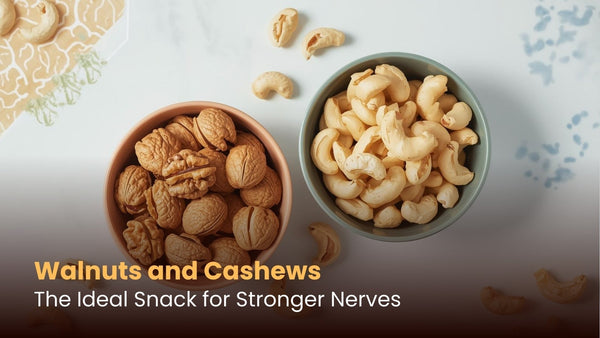

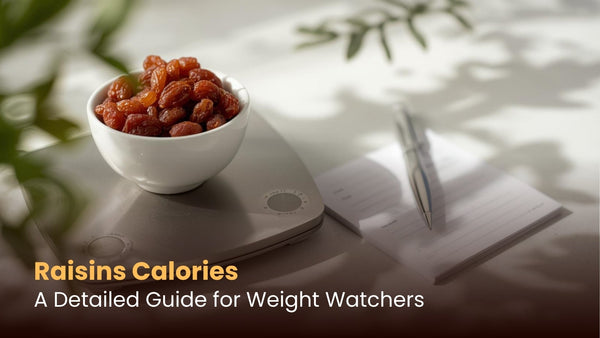
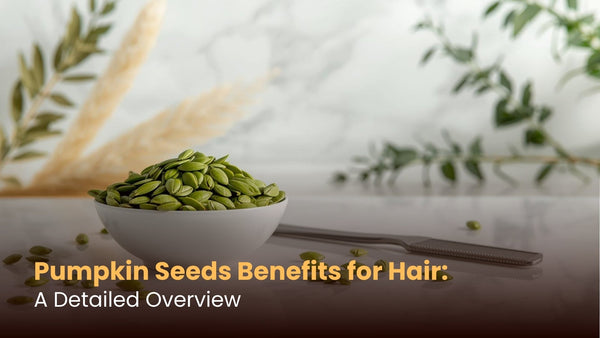
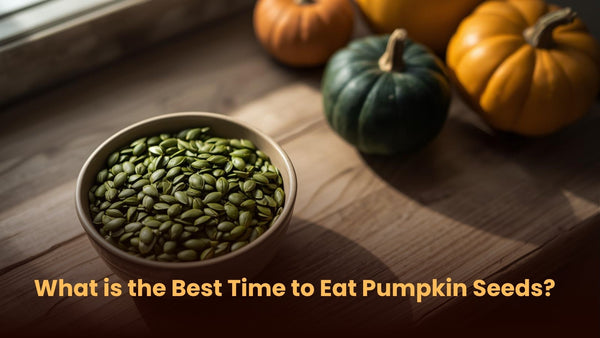

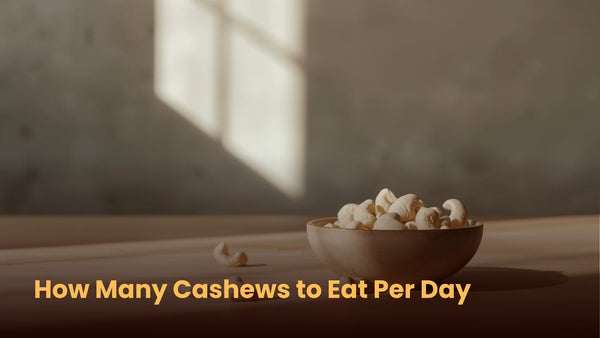
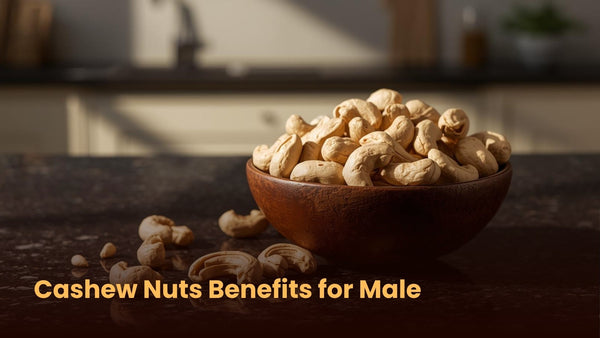
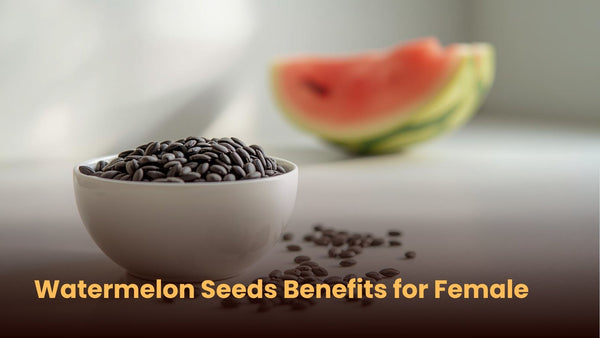
Share Your Thoughts